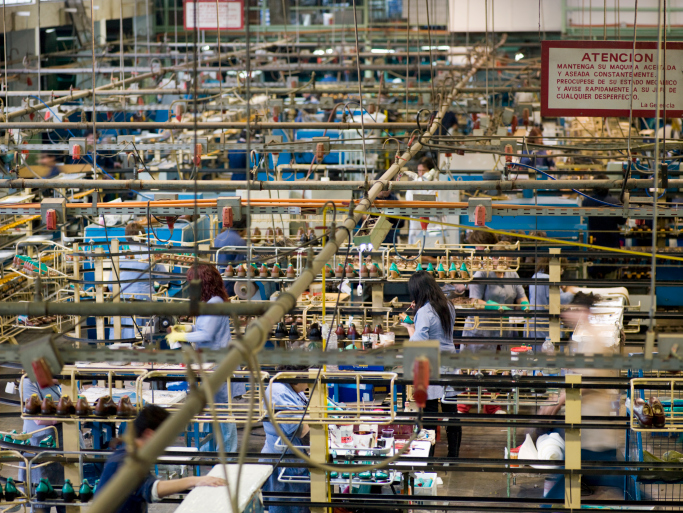Jobs
As Workers Strike for Higher Wages, Public Shows Support for Unions
Published:
As retail and fast-food workers strike across 60 cities as a means to get their employers to raise wages as high as $15 an hour, most Americans support the labor union system, a fact that will not help the protesters at all.
A new Gallup poll on support for unions shows that:
Heading into Labor Day weekend, a majority of Americans, 54%, approve of labor unions, a slight increase from 52% in 2012 and six percentage points above the all-time low observed in 2009. Thirty-nine percent disapprove of labor unions.
The 2009 dip might be accounted for because many believed that strong unions that had gotten high wages for their members damaged auto manufacturers like General Motors Co. (NYSE: GM), which eventually filed for Chapter 11. That caused the layoffs of tens of thousands of workers. The incident was not isolated. Unions had helped push up compensation to levels that often were unsustainable in a brutal downturn.
Labor’s success has been blunted as big industries like fast food and large retailers largely have kept them out. Several industries, like newspapers, have pushed labor out across many years of bitter strikes. The labor movement lost much of its momentum over the past three decades. One other conclusion of the Gallup poll is that most people believe unions will weaken more over time.
It will be difficult for strikers who have challenged wages that are barely above those allowed by law to have any success. Their primarily argument is that $8, $9 or even $10 does not constitute a living wage — one that will pull them above the poverty level. McDonald’s Corp. (NYSE: MCD), Wal-Mart Stores Inc. (NYSE WMT) and other large retail and fast-food firms have countered that much higher hourly compensation would ravage their bottom lines. That would harm investors, consumers who will have to pay higher prices to offset labor’s advance, and workers themselves as companies resort to layoffs to balance out soaring worker compensation.
The public’s say in the strikes around the country matters little. For the most part, CEOs of public corporations do not care what the general population thinks, unless they begin their own “buyer strikes” and withdraw as customers. Most people are unwilling to change their habits and support people they do not know. The heads of the companies that the “$15 an hour crowd” has challenged know the movement will die out. It lacks support outside itself, and therefore, cannot be sustained.
Start by taking a quick retirement quiz from SmartAsset that will match you with up to 3 financial advisors that serve your area and beyond in 5 minutes, or less.
Each advisor has been vetted by SmartAsset and is held to a fiduciary standard to act in your best interests.
Here’s how it works:
1. Answer SmartAsset advisor match quiz
2. Review your pre-screened matches at your leisure. Check out the advisors’ profiles.
3. Speak with advisors at no cost to you. Have an introductory call on the phone or introduction in person and choose whom to work with in the future
Thank you for reading! Have some feedback for us?
Contact the 24/7 Wall St. editorial team.